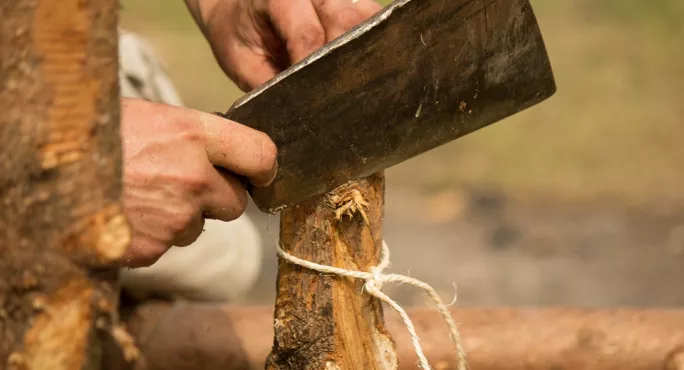A pilot scheme offering after-school Scouting activities to pupils in six primary schools has revealed that participating pupils’ leadership capabilities increased by 22 per cent over six months, an independent report shows.
The £300,000 pilot delivered Scouting activities to 126 children aged between 8 and 10, at schools in the Midlands and the South of England. Participating schools were selected on the basis of deprivation and a lack of similar activities in their wider community.
Scout sessions - at some schools run during the school day, and at others as an after-school activity - enabled pupils to participate in outdoor games, arts and crafts, cooking activities and challenges designed to build skills such as communication, teamwork and problem-solving.
The Scouting pilot was one of 14 recipients of a £3.5 million Department for Education grant for character education. The aim was to help to develop skills such as empathy, leadership and grit.
The evaluation, conducted by thinktank Demos, concluded that the Scouting project had had “statistically significant and positive impacts” on participants’ leadership skills. It also said that the project had helped to boost pupils’ moral, critical-thinking and social capabilities.
The problem of teacher workload
Hannah Kentish, UK youth commissioner for the Scout Association, added that teachers had reported that the behaviour and attendance of participating pupils had also improved.
She said: “We’re delighted with the progress of the pilot, and hope we can see more young people in deprived communities reached out to in future.”
However, the Demos report highlighted that it was important to choose participating schools carefully. It found that success in the pilot depended on three factors: school performance, pre-existing standards of behaviour and the level of support and engagement by the senior leadership team.
The report concluded: “A final consideration for other providers is how one approaches the problem of teacher workload. In the current climate, requiring very much additional work from teachers or other school staff will preclude the active participation of many schools.”
Want to keep up with the latest education news and opinion? Follow TES on Twitter and like TES on Facebook




